Puppies are adorable bundles of joy, but understanding their behavior is essential for a harmonious relationship between humans and their furry companions. By delving into the fundamentals of puppy behavior, pet owners can foster a deeper connection and effectively address any challenges that may arise.
Canine Behavior Demystified
To comprehend puppy behavior, one must delve into the intricate world of canine psychology. Puppies, like their adult counterparts, exhibit a wide range of actions and reactions influenced by various factors such as genetics, environment, and socialization.
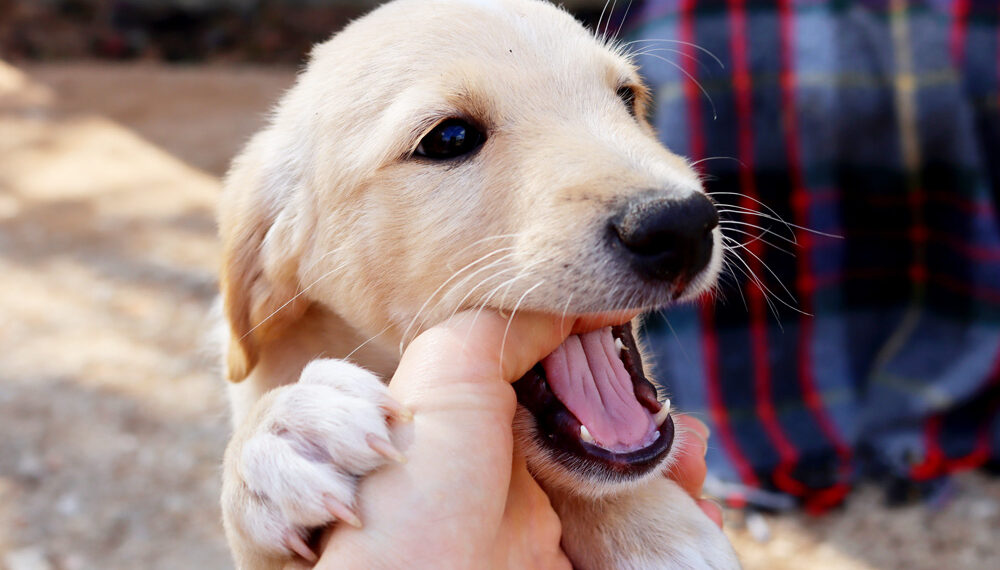
The Importance of Socialization
Socialization plays a pivotal role in shaping a puppy’s temperament and behavior. It involves exposing the puppy to different people, animals, environments, and experiences in a positive and controlled manner. Adequate socialization enhances the puppy’s sociability, reduces fear and aggression, and promotes confidence and adaptability.
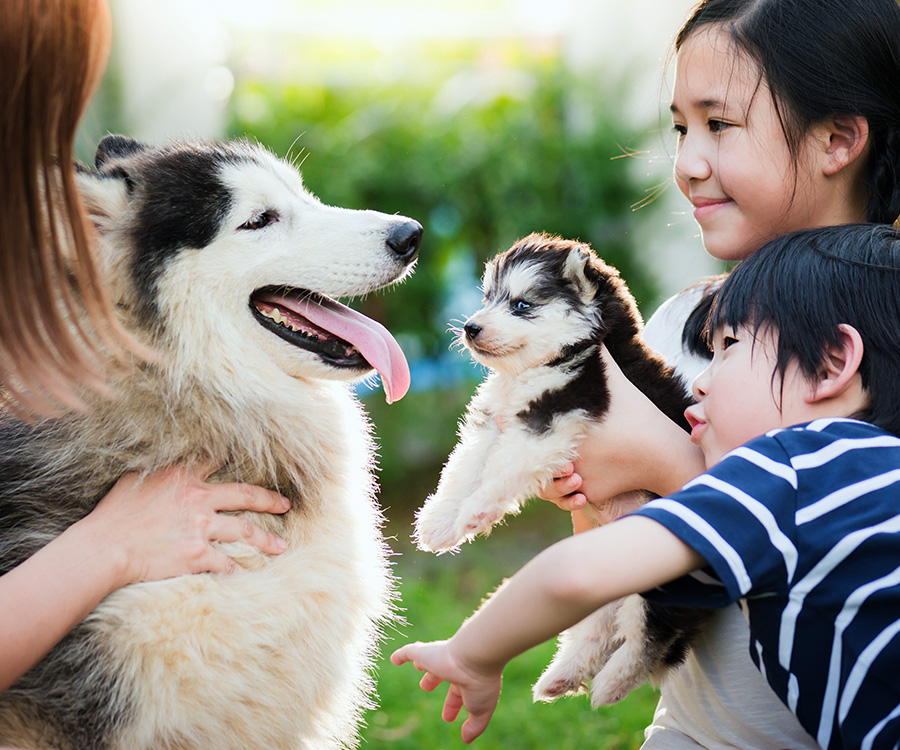
Training Techniques for Success
Effective training is crucial for instilling desirable behaviors and preventing unwanted ones. Positive reinforcement, which involves rewarding desired behaviors, is widely regarded as the most effective training technique. Consistency, patience, and clear communication are key elements of successful training endeavors.
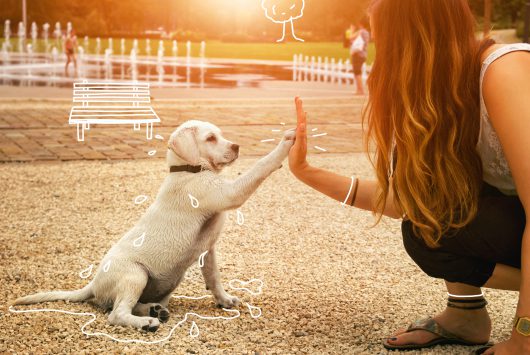
Decoding Body Language
Puppies communicate primarily through body language, utilizing gestures, postures, and facial expressions to convey their thoughts and emotions. Understanding these nonverbal cues is essential for interpreting the puppy’s state of mind and addressing any concerns effectively.
Nurturing Obedience and Respect
Establishing a foundation of obedience and respect is paramount in the relationship between a puppy and its owner. Through consistent training and reinforcement, puppies learn to adhere to commands, exhibit self-control, and demonstrate respect for boundaries.
Addressing Aggression and Fear
Aggression and fear are common behavioral issues that may arise during a puppy’s development. Addressing these issues requires patience, understanding, and sometimes professional intervention. Positive training methods, coupled with behavior modification techniques, can help alleviate aggression and fear-based behaviors.
The Role of Play in Learning
Play serves as more than just a recreational activity for puppies; it is a vital component of their learning and development. Through play, puppies refine their motor skills, socialize with other dogs, and learn important lessons about communication, cooperation, and boundaries.
Establishing Dominance without Dominance
The concept of dominance in dog training has evolved, with modern approaches focusing on leadership and mutual respect rather than dominance-based hierarchies. Building a strong bond based on trust, clear communication, and positive reinforcement lays the groundwork for a balanced and harmonious relationship.
Creating a Puppy-Friendly Environment
A conducive environment is essential for promoting the well-being and behavior of puppies. Providing adequate space, mental stimulation, and opportunities for exercise and socialization contributes to a happy and fulfilled puppy.
Understanding Breed-Specific Behavior
Different dog breeds exhibit distinct behavioral traits influenced by their genetic predispositions and historical roles. Understanding breed-specific behavior enables owners to cater to their puppy’s unique needs and tendencies effectively.
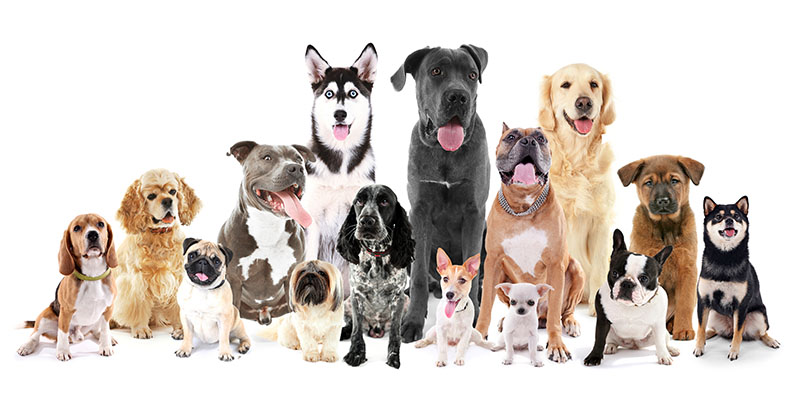
Navigating Developmental Stages
Puppies go through various developmental stages, each accompanied by specific milestones and challenges. From the neonatal period to adolescence, understanding these stages facilitates appropriate care, training, and behavioral management.
Prioritizing Health and Wellness
Ensuring the physical and mental well-being of a puppy is paramount for overall quality of life. Regular veterinary care, proper nutrition, exercise, and mental stimulation are essential components of a comprehensive wellness regimen.
Addressing Separation Anxiety
Separation anxiety is a common issue among puppies, characterized by distress and anxiety when separated from their owners. Gradual desensitization, creating positive associations with alone time, and providing comfort items can help alleviate separation anxiety in puppies.
Managing Barking and Chewing
Barking and chewing are natural behaviors for puppies but can become problematic if excessive or destructive. Redirecting these behaviors through training, providing appropriate chew toys, and addressing underlying causes such as boredom or anxiety are effective management strategies.
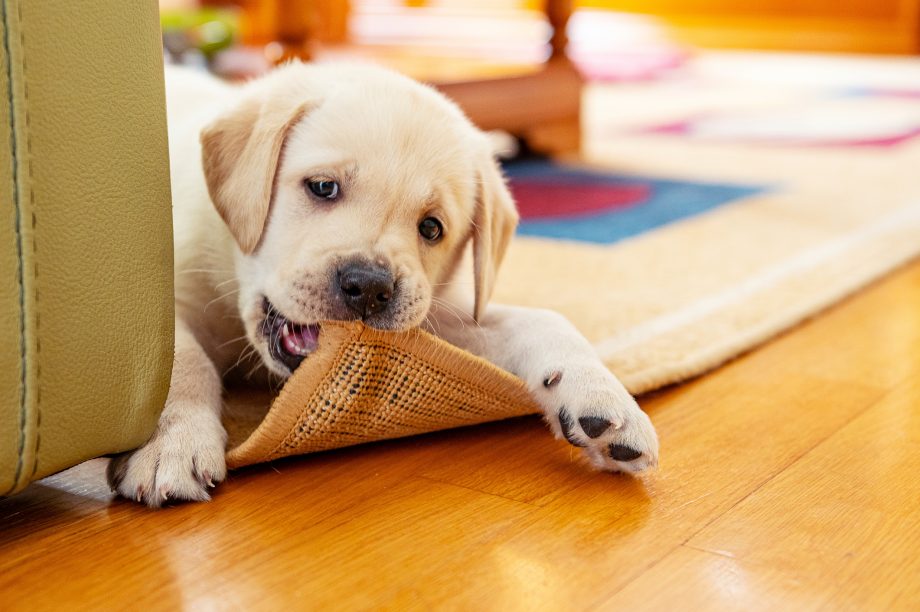
Mastering House Training Techniques
House training, also known as potty training, is a crucial aspect of puppy care that requires patience and consistency. Establishing a routine, rewarding desired bathroom behaviors, and closely supervising the puppy during the training process facilitate successful house training.





















